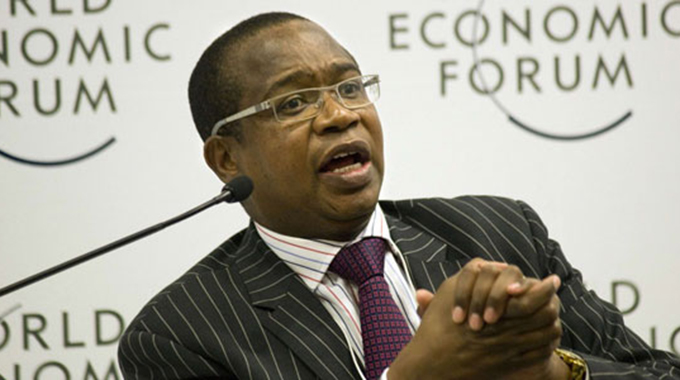Lessons from Bali; let’s back economic reforms

Zimbabwe made a refreshing breakthrough yesterday when Finance and Economic Development Minister Professor Mthuli Ncube received thumbs-up from cooperating partners in Bali, Indonesia, after presenting reforms being undertaken by Government, focusing on Vision 2030.
The world’s economic managers from key institutions such as the World Bank and the International Monetary Fund (IMF) listened to Zimbabwe’s story and endorsed the Transitional Stabilisation Programme (TSP), as it captures the key reforms Zimbabwe is implementing to turn around her waning economic fortunes.
The minister’s presentation zeroed in on political and economic reforms being implemented, especially fiscal consolidation, State enterprises reform, monetary sector reforms and a roadmap on arrears clearance.
Indeed, the world listened to Minister Ncube, meaning there are key world stakeholders yearning to see Zimbabwe rising again.
But the international community emphasised the need to judiciously implement the measures as outlined in the TSP, which is instrumental towards arrears clearance.
Furthermore, Zimbabwe’s request for more accommodative treatment under the Pari Passu principle, received positive consideration by the partners, quite encouraging.
What is, however, disheartening is when Government leaders spend sleepless nights mapping strategies to extricate the country from the current quagmire, there are forces in the private sector, opposition political parties and indeed some elements in Government who do not want to see Zimbabwe reaching the Promised Land.
We implore Zimbabweans to take a cue from leaders in Bali who are seeing a country rising from ashes because of the solid economic policies that the new Government is putting in place.
Inasmuch as some of the policies are likely to inflict pain on vulnerable Zimbabweans, there is surely a silver lining at the end of the rainbow that calls for all citizens to play ball.
Against all the odds, the country has surpassed all expectations as solid performance by key sectors kept the economy on an upward trajectory with statistics pointing to a sustained growth.
Official data shows the economy, despite going through strong headwinds, is moving ahead and indeed we pray the support the country is receiving in Bali will see more countries sympathising with us.
We know some of the challenges the economy is facing include foreign currency and cash shortages, unsustainable budget and current account deficits, inflationary pressures, slow re-engagement process, infrastructure deficiencies and poor social service delivery.
But it is pleasing that some of the austerity measures Minister Ncube is putting in place will arrest the challenges.
After Minister Ncube reviewed upwards Zimbabwe’s growth for this year to 6,6 percent from 4,5 percent, the International Monetary Fund on Tuesday also raised its forecast to 3,6 percent from 2,4 percent it initially projected in April.
In July this year, the World Bank, also revised its initial forecast it made in January to 2,7 percent from 1,8 percent, indicating that the country’s policies are yielding dividends, albeit slowly.
Tobacco outperformed initial projections by 5 percent, with output reaching 250 million kg, well in excess of the previous all-time high of 236 million in 1999.
There was also significant expansion in gold, chrome and coal, among other key minerals, which cumulatively warrant an upward revision of earlier economic projections. National cotton yield reached 140 000 tonnes, from 74 000 tonnes last year.
However, the significant foreign currency inflows would not match demand for the commodity as more new companies were opened, while existing ones increased their capacity, putting more pressure on foreign currency needs.
Some of the recent investments include Varun Beverages and Willowton, a cooking oil company in Mutare.
Since 2010, four more oil expressers came on board, also increasing pressure on raw materials and foreign currency.
We therefore implore Zimbabweans, the private sector and indeed all stakeholders to rally Government efforts to turn around the economy.










Comments